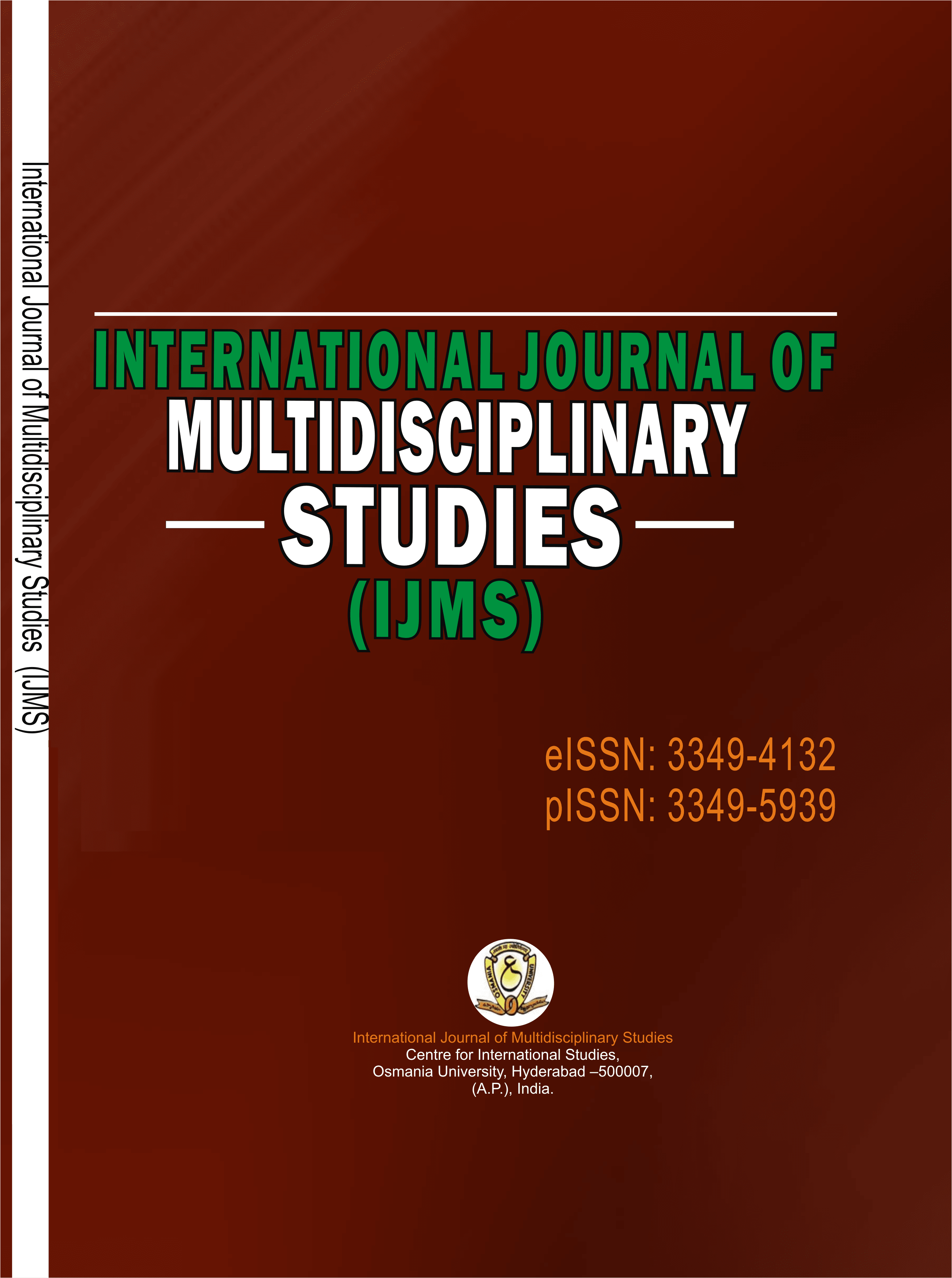INTERNATIONAL JOURNAL OF MULTIDISCIPLINARY STUDIES (IJMS)
MANAGING LEARNING ENVIRONMENT FOR STUDENTS’ ACADEMIC PERFORMANCE IN PUBLIC SENIOR SECONDARY SCHOOLS IN OBIO-AKPOR LOCAL GOVERNMENT AREA OF RIVERS STATE
E-ISSN: 3349-4132
P-ISSN: 3349-5939
DOI: https://iigdpublishers.com/article/557
The learning environment which is the space interpretation of the curriculum where education takes place should receive deliberate attention from school managers as it could greatly impact on the overall performance of the students. The study focused on managing learning environment to enhance students' academic performance in Obio/Akpor LGA of Rivers State. Three objectives and corresponding research questions and hypotheses guided the study. Descriptive research design was adopted and data was collected through a self designed questionnaire titled “Managing Learning Environment for Students’ Academic Performance Questionnaire (MLESAPQ). The population of the study comprised 27 principals and 1,337 teachers of public senior secondary schools in Obio/Akpor local government area in Rivers State, from which a sample of 164 was drawn using stratified random sampling technique. The instrument’s reliability was assessed using test-retest method. Cronbach alpha was used to ascertain a reliability index for internal consistency of 0.71. 164 copies of the questionnaires were distributed with only 159 copies valid. Mean and standard deviation was used to answer the research questions, while t-test statistics was used to test the hypotheses at 0.05 level of significance, with the aid of SPSS version 23.0. The results of the study showed that to a high extent classroom organization, discipline and adequate instructional materials enhance student’s academic performance in Obio-Akpor LGA of Rivers State. The null hypotheses revealed that hypothesis one was accepted indicating that there is no significant difference between the mean ratings of Principals and Teachers on classroom organization: whilst hypotheses two and three were rejected indicating that there is a significant difference between the mean ratings of Principals and Teachers on discipline and adequate instructional materials. The study concluded that tteachers who effectively organize their classrooms, enforce discipline and utilize adequate instructional materials create a conducive learning environment thereby enhancing students’ academic performance in public senior secondary schools in Rives State. Based on the results it was recommended among other things that Rivers State Ministry of Education should take the lead in regularly assessing and improving the management of the learning environment in public senior secondary schools with emphasis on critical areas such as classroom organization, discipline strategies and the provision of adequate instructional materials to enhance students' academic performance.
Sotonye Soye Asawo PhD & Mike Wealth
Adebayo, A. A., & Oladeji, K. (2014). The impact of instructional materials on student academic performance in public secondary schools. Journal of Education and Learning, 3(2), 32-40.
Adeyemi, A. (2020). Social interaction and learning outcomes among secondary school students in Nigeria. International Journal of Education, Science, and Technology, 7(2), 124-136.
Bae, S., & Kim, D. (2018). The effects of classroom environment factors on students’ motivation and learning. Eurasia Journal of Mathematics, Science and Technology Education, 14(3), 789-799.
Bear, G. G. (2015). School discipline and self-discipline: A practical guide to promoting prosocial student behavior. Guilford Press.
Brackett, M. A., Rivers, S. E., Reyes, M. R., & Salovey, P. (2012). Enhancing academic performance and social and emotional competence with the RULER feeling words curriculum. Learning and Individual Differences, 22(2), 218-224.
